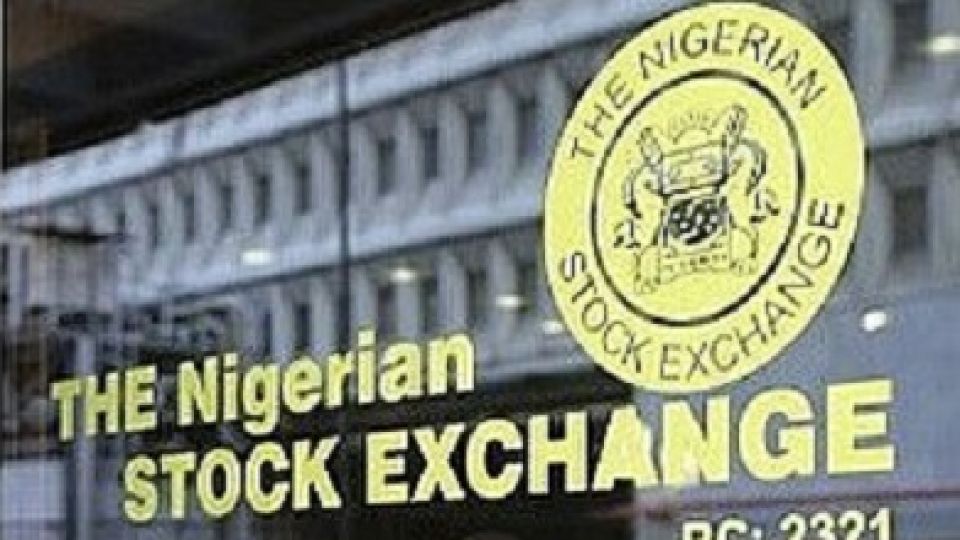from OKORO CHINEDU in Lagos, Nigeria
Nigeria Bureau
LAGOS, (CAJ News) – MARKETS have responded positively to the early reforms by the new administration in Nigeria.
FBN Quest, the market watcher, noted the Nigerian Stock Exchange (NGXAS) has rallied since the inauguration of President Bola Tinubu at the end of May.
Compared with Sub-Saharan Africa peer markets like Johannesburg Stock Exchange (JSE) (+2,6 percent year-to-date), Kenya Stock Exchange (-16, 1 percent) and Ghana Stock Exchange (13,4 percent), NGXASI has returned an increase of 15,8 percent year-to-date.
The price rally has been broad-based, with the highest share price gains recorded among oil and gas stocks, banks and fast-moving consumer goods (FMCGs).
“Going by our coverage list, oil and gas, banks, and FMCGs have, on average, returned +136 percent, +50 percent, and 41 percent year-to-date, respectively.
The NGXASI is close to 61 000 levels which were last seen at the peak of 2008.
The gains were not in line with the trend of month-on-month declines in a post-inauguration month since 2010, FBN Quest noted.
It noted in the last four election years, the market has closed negative in the month following the presidential inauguration on May 29.
Among new reforms, banks are receiving attention. The discount to book values which banks have traded on for a while, has narrowed.
Banks’ results in the first quarter of 2023 support FBN’s thesis for the year.
“At the start of the year, we expected the interest rate environment to be the dominant financial performance driver, reflected in improved net interest margins. We also factored in improvements in non-interest income.”
Elsewhere, the impairments on Ghana’s sovereign bonds due to the country’s debt restructuring programme affected banks’ performance in Q4 ’22 despite the impressive results in pre-provisions profit, especially the tier-1 banks.
“Banks’ management expressed optimism that the haircuts due to Ghana debt restructuring were a one-off and should be limited to Q4 ’22,” FBN Quest added.
A more pressing challenge to bank stability is the likely increase in cost-of-risk on loans and advances due to weakness in the economy.
In unifying the exchange rate window, the Nigerian naira was effectively devalued by about 41 percent to ₦664/US$.
The exchange rate has depreciated further to around ₦763/$.
“Aside from cost escalations, the devaluation suggests the potential for foreign currency revaluation gains from tier-1 banks with sizable net long USD positions,” FBN stated.
– CAJ News

